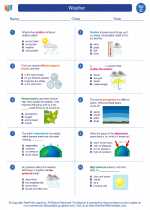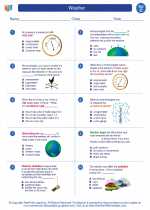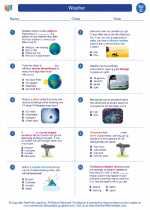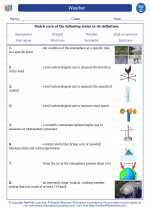What is Pharmacology?
Pharmacology is the study of drugs and their effects on living organisms. It involves understanding how drugs work, their interactions with the body, and the potential therapeutic uses.
Branches of Pharmacology
Pharmacology is divided into several branches, including:
- Pharmacokinetics: Study of how the body affects the drug, including absorption, distribution, metabolism, and excretion.
- Pharmacodynamics: Study of how drugs affect the body, including their mechanisms of action and therapeutic effects.
- Clinical Pharmacology: Study of drugs in humans, including their use, effectiveness, and side effects in clinical settings.
- Psychopharmacology: Study of drugs that affect the mind and behavior.
Drug Development
Pharmacology involves the process of drug development, which includes:
- Drug Discovery: Identifying and designing new drugs.
- Preclinical Testing: Testing drugs in laboratory and animal studies.
- Clinical Trials: Testing drugs in humans to determine their safety and efficacy.
- Regulatory Approval: Obtaining approval from regulatory agencies to market the drug.
Pharmacological Principles
Key principles in pharmacology include:
- Dose-Response Relationship: The relationship between the dose of a drug and its effects on the body.
- Drug Interactions: The effects of a drug may be altered when it is taken with other drugs or substances.
- Drug Metabolism: The process by which the body breaks down and eliminates drugs.
- Therapeutic Index: The ratio of a drug's effective dose to its toxic dose.
Application of Pharmacology
Pharmacology has various applications, including:
- Therapeutic Use: Using drugs to treat diseases and improve health.
- Drug Safety: Evaluating the safety of drugs and minimizing potential adverse effects.
- Public Health: Studying the impact of drugs on populations and promoting safe and effective drug use.
- Personalized Medicine: Tailoring drug treatments to individual patients based on genetic and environmental factors.
◂Science Worksheets and Study Guides Third Grade. Weather
Study Guide Weather
Weather  Worksheet/Answer key
Worksheet/Answer key Weather
Weather  Worksheet/Answer key
Worksheet/Answer key Weather
Weather  Worksheet/Answer key
Worksheet/Answer key Weather
Weather  Vocabulary/Answer key
Vocabulary/Answer key Weather
Weather  Vocabulary/Answer key
Vocabulary/Answer key Weather
Weather 

 Worksheet/Answer key
Worksheet/Answer key
 Worksheet/Answer key
Worksheet/Answer key
 Worksheet/Answer key
Worksheet/Answer key
 Vocabulary/Answer key
Vocabulary/Answer key
 Vocabulary/Answer key
Vocabulary/Answer key

The resources above cover the following skills:
EARTH AND SPACE SCIENCE (NGSS)
Earth’s Systems
Students who demonstrate understanding can:
Represent data in tables and graphical displays to describe typical weather conditions expected during a particular season.